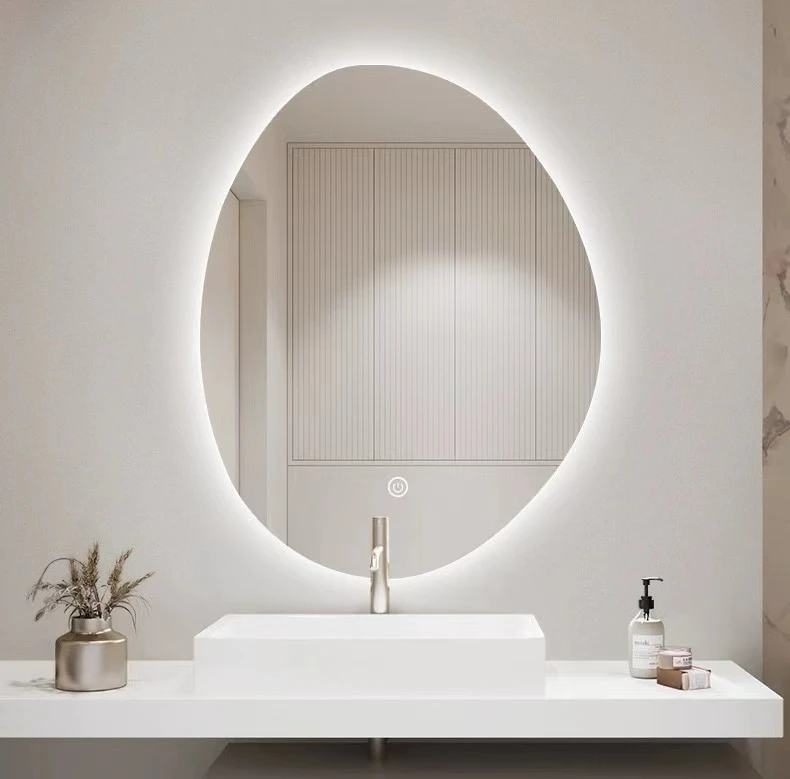

Dark Reflective Glass A Modern Architectural Marvel
In recent years, dark reflective glass has emerged as a popular choice in contemporary architecture, revolutionizing the aesthetics and functionality of buildings. With its sleek appearance and numerous benefits, this material is not only a design statement but also a practical solution for various architectural needs.
Dark reflective glass is characterized by its highly polished surface, which exhibits a mirror-like quality that reflects light rather than absorbing it. This unique property grants buildings a chic, modern look while offering several advantages over traditional glass. One of the primary benefits is enhanced energy efficiency. By reflecting sunlight, dark reflective glass helps regulate indoor temperatures, reducing the reliance on air conditioning systems. This feature is particularly important in urban areas where high energy consumption can lead to increased carbon footprints.
Moreover, the reflective quality of this glass contributes to the reduction of glare, creating a more comfortable environment both inside and outside. Occupants of buildings featuring dark reflective glass enjoy unobstructed views of the surrounding landscape, all while minimizing harsh sunlight and heat. This balance between aesthetic appeal and comfort makes it an ideal material for office buildings, hotels, and residential complexes.
From an aesthetic standpoint, dark reflective glass provides an opportunity for innovative architectural designs. It allows architects and designers to experiment with shapes and forms, creating striking visual contrasts against the urban backdrop. The reflections produced by this glass can transform the appearance of a building throughout the day, changing with the angle of sunlight and the movement of clouds. This dynamic quality can contribute to a building’s identity, making it stand out in a crowded skyline.

Several iconic structures around the world showcase the advantages of dark reflective glass. One notable example is the Pacific Park in Brooklyn, New York. The glass façade of the residential buildings not only enhances the beauty of the structure but also integrates seamlessly with the natural surroundings, reflecting the greenery and changing cityscape. Another outstanding example is the Torre Agbar in Barcelona, whose innovative design employs dark reflective glass to create a captivating interplay of light and shadow, transforming into a stunning light display at night.
In addition to its visual benefits, dark reflective glass also provides enhanced privacy for occupants. The reflective surface restricts visibility from the outside, allowing those inside to enjoy their space without feeling exposed. This characteristic is particularly desirable in high-density urban settings where privacy can be a significant concern.
However, the use of dark reflective glass is not without its challenges. While it offers privacy and aesthetic advantages, it can lead to higher heat buildup within a building if not designed properly. Architects must carefully consider factors such as ventilation and shading to ensure a comfortable environment for occupants. Furthermore, the installation and maintenance of reflective glass require a thorough understanding of structural integrity and environmental conditions to avoid issues such as condensation or thermal stress.
In conclusion, dark reflective glass is a modern architectural marvel that combines style, functionality, and energy efficiency. It provides an elegant solution for contemporary buildings, allowing architects to create visually striking structures while enhancing the comfort of their occupants. As urban landscapes continue to evolve, dark reflective glass will undoubtedly play a pivotal role in shaping the future of architecture, representing not just a trend but a fundamental shift towards sustainable and innovative design.